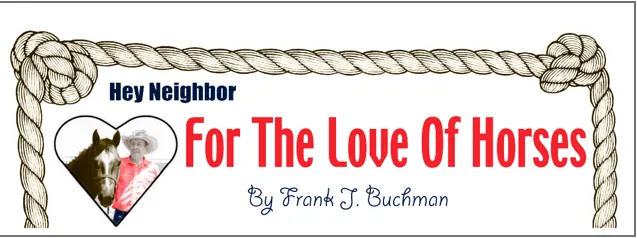|
By Frank J. Buchman Beginning the first of the year, cattlemen who regularly use medicated feed for performance enhancement will be limited. That’s the “meat” of the message from Dr. Michael Apley, professor of clinical sciences at the K-State College of Veterinary Medicine, Manhattan. More than 170 ranchers were informed at the Beef Producers Information Seminar, hosted by WIBW and coordinated by longtime farm director Kelly Lenz. Apley discussed meaning of the Food and Drug Administration’s new Veterinary Feed Directive as highlight of a two-part seminar kicking off the Flint Hills Beef Fest at Emporia. Tracy Brunner, Ramona rancher who serves as president of the National Cattlemen’s Beef Association, also reviewed activities of that group on behalf of Flint Hills ranchers’ profitability. The Veterinary Feed Directive, or VFD, was originally enacted under the existing Animal Drug Availability Act of 1996. It labeled certain drugs as Veterinary Feed Directive Drugs, which are antibiotics that are also used to treat human illnesses. The VFD is enforced by the Food and Drug Administration (FDA) and only applies to feed grade antibiotics, medicines administered to animals in or on feed, and will ultimately rule out its use in growth promotion and feed efficiency. “The biggest change is you’re going to have to work with a veterinarian before feeding these medicated feeds,” Apley said FDA’s main concern is improper or overuse of these drugs may be contributing to antibiotic resistant bacteria, making it more difficult to treat human illnesses. To regulate usage, producers will be required to receive a VFD, similar to a prescription, from a veterinarian to use VFD-labeled drugs. “Read the label,” Apley demanded. “All labeling for VFD drugs display the statement: ‘Caution; Federal law restricts medicated feed containing this Veterinary feed directive, VFD, drug to use by or on the order of a licensed veterinarian.’ “Over-the-counter (OTC) feed drugs do not have this statement,” Apley insisted. “All medically important antibiotics used in the feed or water of food animals must be authorized for use by a veterinarian, starting January 1, 2017,” Apley clarified. There must be a “VFD” for use of the medications in feed use, and a prescription for use of the drugs in water. “A VFD is a ‘written’ statement issued by a license veterinarian in the course of the veterinarian’s professional practice that orders the use of a VFD drug or combination VFD drug in or on an animal feed,” Apley stated. This written statement authorizes the owner or caretaker of the animals to obtain and use animal feed bearing or containing a VFED drug to treat the client’s animals only in accordance with the conditions for use approved, conditionally approved, or indexed by the FDA. Copies of the VFD must be retained by all involved parties for two years, and be available for inspection by FDA upon request. Examples of medically-important antibiotics are Terramycin, Aureomycin, Drugs not considered “medically important” antibiotics, that do not require a VFD, are Rumensin, Bovatec, Catalyst, Deccox, Corid, Bacitracin and Mecadox. cutline Dr. Michael Apley, professor of clinical sciences at the K-State College of Veterinary Medicine, Manhattan, told 170 ranchers at the Beef Producers Information Seminar in Emporia, they’ll have to work with a veterinarian before using certain medicated feeds starting at the first of the new year. (Photo by Betty Anderson.) |



